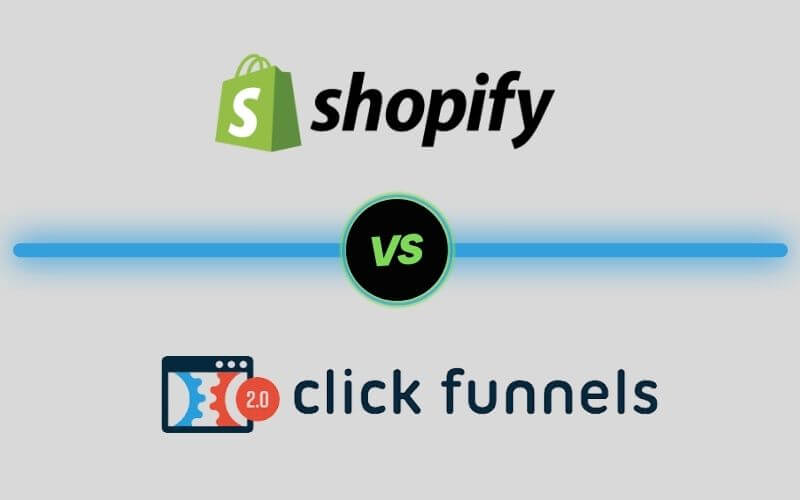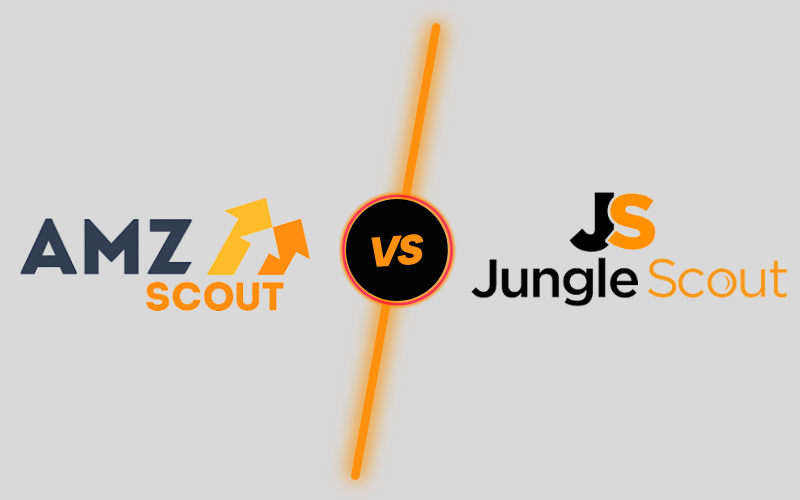When it comes to ClickFunnels vs Shopify, the debate is intense and opinions are divided. Both platforms offer unique benefits tailored for various online business models. This review aims to offer a balanced perspective, exploring features, pricing, pros and cons, and common use-cases for each.

What is ClickFunnels? A Brief Overview
ClickFunnels is designed to simplify the process of creating effective sales funnels. It’s essentially a tool that lets you create landing pages, set up email campaigns, and manage customers in one place.
What is Shopify? A Brief Overview
On the contrary, Shopify is a full-fledged e-commerce platform that helps you build an online store from scratch. It handles everything from hosting to payment processing, freeing you up to focus on your products.
Features Comparison: ClickFunnels vs Shopify
Customization and Ease of Use
While ClickFunnels offers a simple, drag-and-drop interface, Shopify requires a basic understanding of coding for high-level customization.
Payment Processing
Shopify supports a wide array of payment gateways, making it easier for international sales. ClickFunnels has fewer options but integrates easily with most major payment providers.
Analytics and Reporting
Shopify offers in-depth analytics and reporting features, allowing you to track everything from sales to customer behavior. ClickFunnels also has analytics but they are more funnel-specific.
Mobile Responsiveness
Both platforms are mobile-responsive, but Shopify offers more templates that are optimized for mobile shopping.
How Much is ClickFunnels?
Curious about how much ClickFunnels costs? Plans start at $127 per month, but for a broader set of features, you might opt for their Funnel Hacker plan at $208 per month.
How Much is Shopify?
Curious about how much Shopify costs? Plans start at $19 per month, but for a broader set of features, you might opt for their Advanced plan at $399 per month.
Start for Free, then enjoy $1/month for 3 months
Marketing Tools
ClickFunnels stands out for its sales funnels and email marketing automation. Shopify, however, provides superior SEO tools and integrates more smoothly with social media platforms.
For more on online marketing, see our guide on blogamzrocket.com
Pros and Cons Section
ClickFunnels
Pros:
- Excellent for funnel building
- Intuitive drag-and-drop editor
- Good for email marketing
Cons:
- More expensive starting plan
- Limited e-commerce features
Shopify
Pros:
- Comprehensive e-commerce solution
- Wide range of payment options
- Strong SEO features
Cons:
- Requires coding for advanced customization
- Additional costs for third-party apps
What is the Purpose of ClickFunnels?
ClickFunnels serves as an all-in-one sales funnel builder, designed to help businesses convert website visitors into paying customers effectively. It’s particularly useful for businesses that focus on online sales and lead generation.
What is the Purpose of Shopify?
Shopify serves as a comprehensive e-commerce platform aimed at helping businesses manage all aspects of an online store. It’s best suited for businesses that need a robust solution for selling physical or digital products, complete with inventory management, SEO tools, and extensive payment gateway options.
Common Use-cases
ClickFunnels
Ideal for businesses looking to generate leads, run webinars, or sell digital products.
Shopify
Best for businesses that want a fully-fledged online store with inventory management, or those looking to expand their physical store into the online realm.
Conclusion: ClickFunnels vs Shopify
In the end, whether you opt for ClickFunnels or Shopify will depend on what you need for your online venture. ClickFunnels is the tool of choice for sales funnel management and simplified online sales. Shopify, however, provides a comprehensive platform for all your e-commerce needs.
Make sure to explore the free trials offered by both platforms to determine which better suits your business model and goals.


